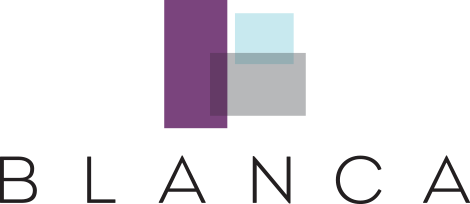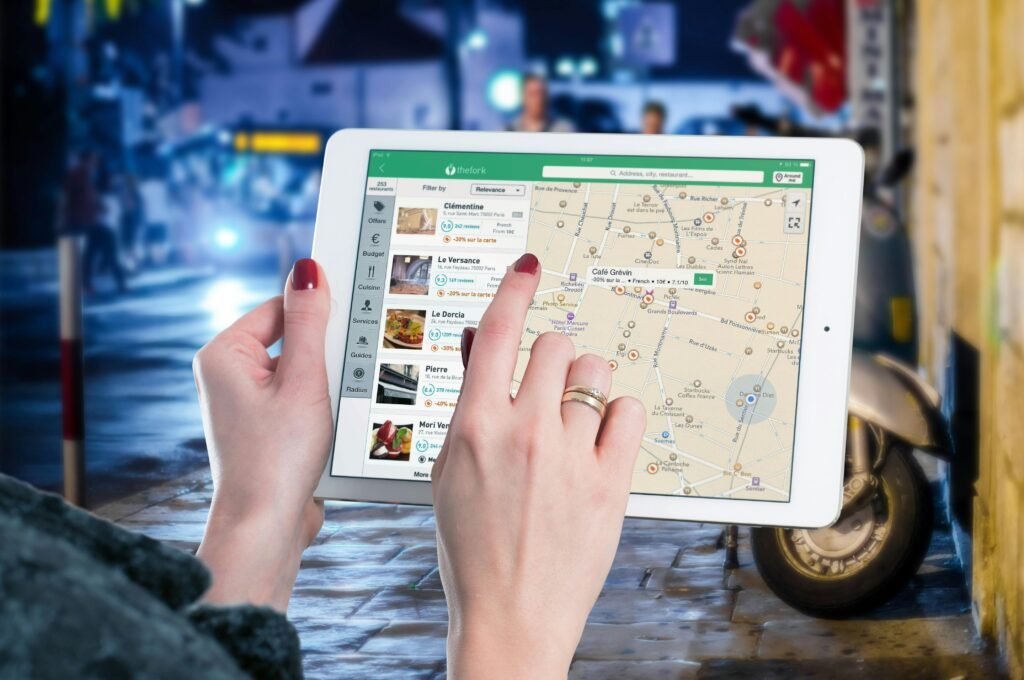Leasing a manufacturing facility in Miami requires careful planning to ensure it aligns with your operational needs, budget, and long-term business goals. From zoning regulations to lease terms, here’s what industrial tenants need to consider before signing a lease.
1. Zoning & Compliance
Before committing to a lease, verify that the property is zoned for manufacturing. Miami-Dade County has specific zoning classifications that dictate what types of industrial operations are permitted. Failure to comply can result in costly penalties and relocation expenses.
✔️ Tip: Consult with a real estate expert or attorney to review zoning restrictions and ensure the property meets your business requirements.
Check Miami-Dade’s industrial zoning regulations to ensure your facility meets local requirements.
2. Building Specifications & Infrastructure
Every manufacturing operation has unique facility requirements. Evaluate:
Ceiling Height & Clearance: Ensure the space accommodates your machinery and storage needs.
Floor Load Capacity: Check that the foundation can support heavy equipment.
HVAC & Ventilation: Critical for temperature-sensitive manufacturing processes.
Power Supply: Confirm that the facility has adequate electrical capacity.
✔️ Tip: Request a site inspection and utility assessment before finalizing a lease.
📌 Related Article: Top Locations for Manufacturing Facilities in Miami & What Makes Them Ideal
3. Lease Terms & Negotiation Strategies
Industrial lease agreements can be complex. Pay close attention to:
-
Base Rent & Additional Costs: Ensure you understand common area maintenance (CAM) fees, insurance, and property taxes.
-
Lease Length & Renewal Options: A longer lease may offer cost savings, but flexibility is key if you anticipate future expansion.
-
Tenant Improvement (TI) Allowances: Negotiate for improvements that fit your business needs, such as reinforced flooring or office build-outs.
-
Sublease & Assignment Clauses: Important if you need an exit strategy before your lease term ends.
✔️ Tip: Use our Industrial Lease Negotiation Checklist to streamline your lease negotiations.
4. Location & Accessibility
Miami is home to several prime industrial submarkets, each offering different advantages:
-
Doral & Medley: Proximity to Miami International Airport and logistics hubs.
-
Hialeah & Hialeah Gardens: Cost-effective with easy access to highways.
-
Homestead: Ideal for businesses seeking affordable land for expansion.
5. Workforce Availability & Transportation
A strategic location should offer access to a skilled labor pool. Consider:
-
Commute Times: Accessibility via public transit and major highways.
-
Proximity to Suppliers & Customers: Reduces transportation costs and improves supply chain efficiency.
-
Parking & Loading Docks: Ensure adequate space for employees and freight movement.
✔️ Tip: Conduct a workforce analysis to determine if the area meets your staffing needs.
Review Miami-Dade’s labor market data to ensure your facility is near a skilled workforce.
6. Environmental & Safety Compliance
Manufacturing tenants must comply with safety and environmental regulations, including:
-
EPA Standards: Waste disposal and emissions guidelines.
-
OSHA Regulations: Workplace safety and hazard communication standards.
-
Fire & Security Systems: Check if the facility meets fire code and security requirements.
✔️ Tip: Request a compliance audit before leasing to avoid future liabilities.
Final Thoughts: Get Expert Guidance
Leasing a manufacturing facility in Miami requires careful due diligence to ensure the space aligns with your operational goals. By assessing zoning, infrastructure, lease terms, and location, tenants can secure a facility that supports long-term growth.
📞 Need assistance? Fill out the Form Below to Schedule a call Today.


